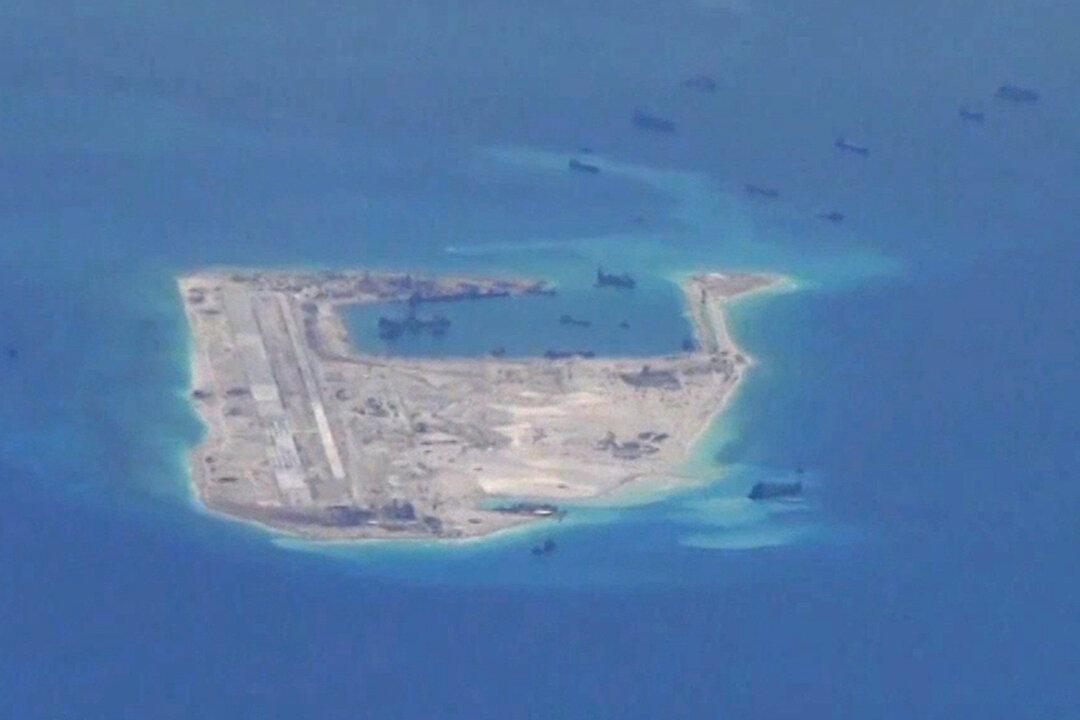Commentary
China’s sand dredgers have destroyed thousands of square miles of ocean floor in order to build sand islands on which they put military runways and docking facilities for submarines and aircraft carriers. The construction of a single such Chinese island, Mischief Reef (2.16 square miles) on Philippine maritime territory, affected more than 460 square miles with plumes of sediment that smothered life on the ocean floor.This implies that the approximately 5 square miles that China created in the exclusive economic zones (EEZ) of the Philippines and Vietnam since 2013 impacted approximately 1,075 square miles of ocean floor.





